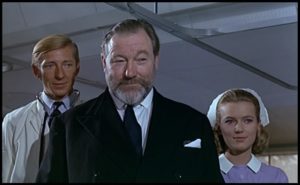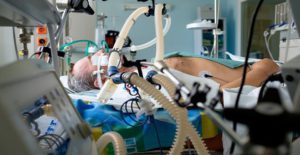Pandemic Ethics: Key Workers Have a Stronger Claim to Compensation and Hazard Pay for Working During The COVID-19 Pandemic Than The Armed Forces Do When on Deployment
By Doug McConnell and Dominic Wilkinson
Post originally appeared on the Journal of Medical Ethics Blog
While the general public enjoy the relative safety of social distancing, key workers are at a higher risk of both contracting COVID-19 and transmitting it to their families. This is especially the case for ‘frontline’ workers who are frequently exposed to the virus and may not have access to adequate personal protective equipment (PPE). Tragically, many key workers have died of COVID-19 around the world already, including over 100 in the UK.
Although it is relatively rare for key workers to die from COVID-19, the risk of death is obviously much greater than one would usually expect in these roles and key workers clearly have good reason to be anxious. For ‘frontline’ workers, the distress is compounded by working in harrowing conditions where so many are dying alone. Furthermore, frontline workers have to take on the burdens of ensuring they do not transmit infections to their families, by moving in with patients, living in hotels, or maintaining rigorous social distancing in their own homes.
These atypical costs, risks, and burdens suggest that key workers are owed compensation in addition to their usual pay and a few instances of nationally coordinated applause. Read More »Pandemic Ethics: Key Workers Have a Stronger Claim to Compensation and Hazard Pay for Working During The COVID-19 Pandemic Than The Armed Forces Do When on Deployment


